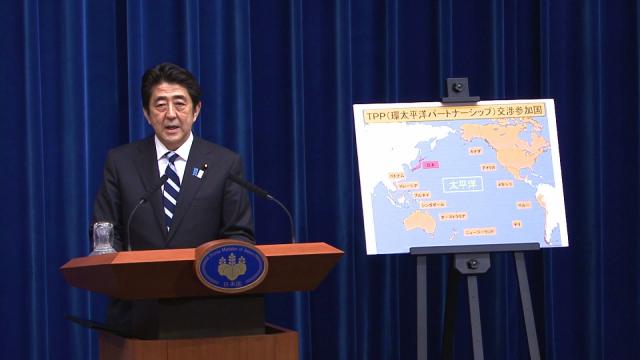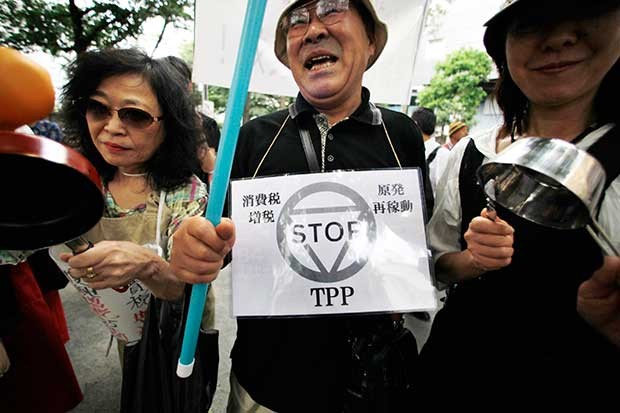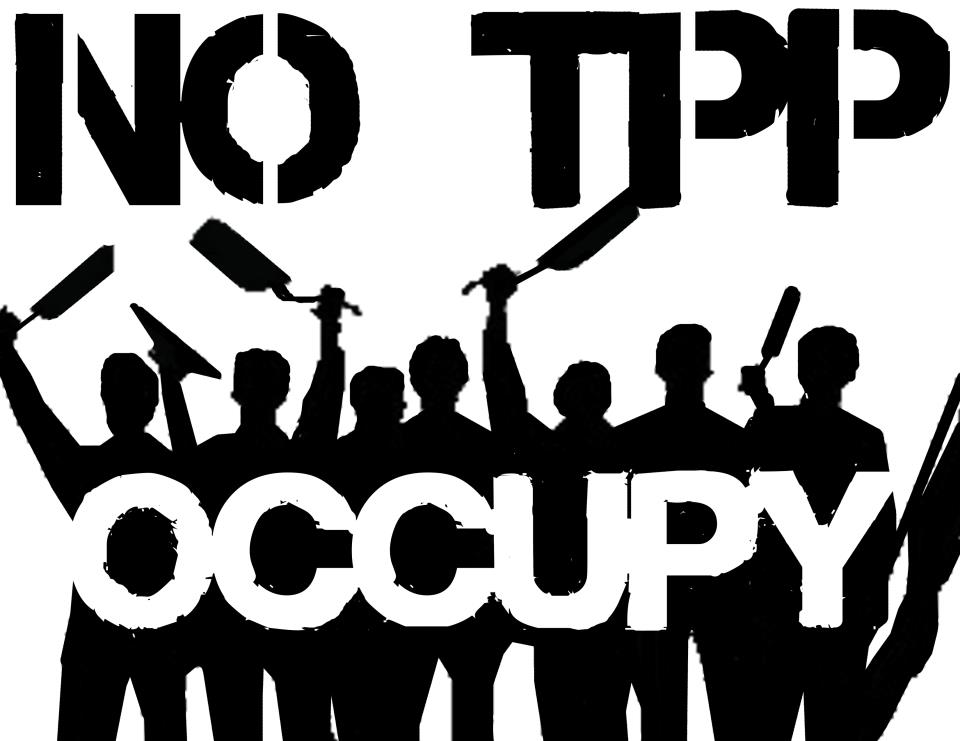
Question: When is a trade pact not a trade pact?
Answer: When it protects legacy industries from competition and strips from governments the means to manage their own economies.
With little attention from the media, an agreement called the Trans-Pacific Partnership is being negotiated among the U.S. and other Pacific Rim nations. The TPP has been positioned as merely a trade deal, to harmonize tariffs and other trade rules and promote trade among the countries involved.
But it's much more than that. Described as a "stealthy delivery mechanism for policies that could not survive public scrutiny" the pact aims to severely curtail government authority at all levels. Meanwhile, it would greatly encourage predatory trade that harms communities and the environment.
This deal is bad for the economy, far beyond its impact on specific industries and communities. Economic vitality depends on constant innovation and evolution. The industries of the past need to adapt to new technologies and approaches or get out of the way. But this proposal is basically being written by lobbyists in legacy industries, and they are using it to limit their exposure to competition in the marketplace.
Here are a few of the most problematic aspects of TPP:
A Broad Range of Special Interest Giveaways
Many provisions of TPP have little to do with trade per se. They simply promote the interests of powerful global industry groups and use legal and political mechanisms to limit true competition in the market place. For example:
• Provisions of SOPA, the so-called "Stop Online Piracy Act" which was rejected last year by Congress. SOPA would give a competitive advantage to the film industry and other content-creators while restricting innovation on the internet.
• Provisions that would extent patent protection on pharmaceuticals while restricting governments from negotiating lower prices.
Provisions that would privilege major banks and financial institutions over credit unions and the emerging sector of public banks.
• Provisions that would disadvantage organic farmers and others who adopt safer and more environmentally-sound agricultural practices.
• Provisions that would extend the dominance of coal and oil and hinder alternative energy producers, by blocking regulations and limiting deployment of smart grid and other infrastructure.
Attack on Local Economic Development Programs
According to leaked drafts, the proposed pact would ban state and local governments from extending preferences to vendors of locally-produced goods and services. "Buy American" programs would be forbidden. Local employers could not be supported. Local farmers could not be favored.
Threat to the Triple Bottom Line
Many jurisdictions have policies to promote opportunity and ameliorate the severity of market forces. These include minimum wage laws, laws requiring employers to offer health insurance, regulations covering product safety, work-place safety, environmental protection, and more. All of these protections are at risk under the TPP. For example, the pact would prevent communities from deciding whether or not they want fracking in their area.
A New International Court where Corporations Sue Governments
Once the TPP is signed, government entities at all levels in the participating countries will have to change their policies to conform to the agreement. This means dismantling any regulations, safeguards or incentives they have enacted to support their economies and provide better lives for their citizens. A system of tribunals will be set up to hold governments to account.
Corporations could sue governments to demand the relaxation of standards, and could claim damages from governments that failed to conform. Under NAFTA, a similar tribunal system has already levied fines of hundreds of millions; under TPP this would expand greatly.
Secret Negotiations without Public Participation
All TPP negotiations to date have been conducted behind closed doors. No information has been released to the press and the public; no public participation or comment is invited or allowed. Even U.S. Senators have been barred from seeing negotiation points or drafts – yet hundreds of corporate lobbyists are at the table on a regular basis.
Most of the information that has surfaced in public accounts comes from drafts leaked by participants dissatisfied with one provision or another. (For example, the Australian negotiating team is reported to have been upset about a provision which would have banned the way the Australian government negotiates with pharmaceutical companies. If implemented, this provision would result in a sharp increase in what Australians pay for prescription medication.)
It's Time to Open Negotiations to the Public
In a global economy, trade policy has sweeping ramifications for every sector of the economy. Decisions on trade policy are really decisions on the relative power of corporations and governments. Trade policy affects employment rates, wage levels, the availability of capital, environmental conditions, public health, and much more. We cannot allow negotiations over these vital things to be conducted by secret bodies, without public oversight, comment, and ultimately the right of the public to affirm or reject these agreements.
The nature of trade pacts has changed significantly. Once upon a time, trade negotiations were largely about countries seeking advantage over other countries, or seeking to dismantle tariffs that prevented fair and open competition. Now the negotiations are about dominant industries seeking to prevent competition rather than encourage it. The negotiations are about dominant global-scale industries seeking to undercut government efforts to regulate them in the public interest. There is no such thing as a simple "trade pact" anymore.
3 WAYS TO SHOW YOUR SUPPORT
- Log in to post comments















